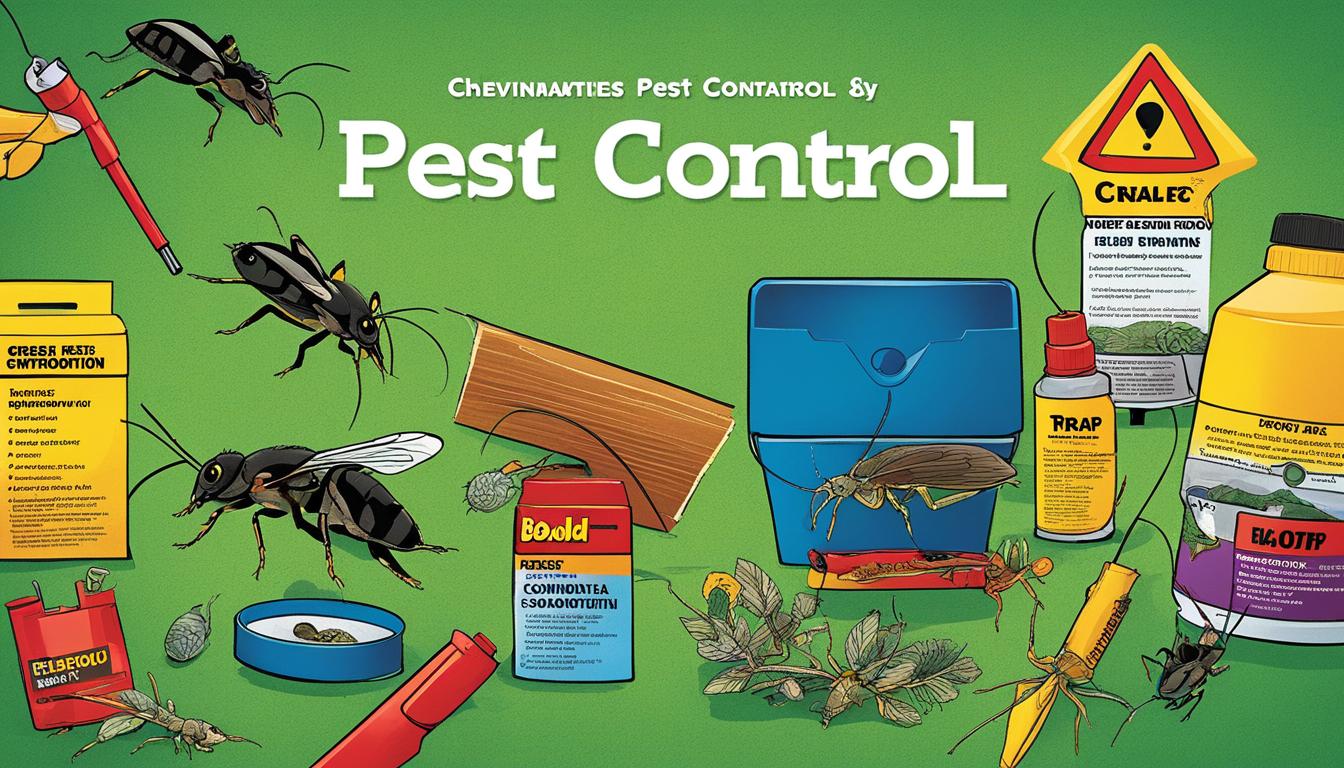The Only Guide for Pest Control
The Only Guide for Pest Control
Blog Article
Our Pest Control Ideas
Table of ContentsThe 9-Minute Rule for Pest ControlIndicators on Pest Control You Should KnowRumored Buzz on Pest ControlPest Control Fundamentals ExplainedExamine This Report on Pest Control
Limitations of Chemical Administration Be able to assess pest issues, identify if monitoring is needed, and make proper suggestions using IPM techniques. Be familiar with different methods of pest management - their benefits and restrictions.This phase goes over (IPM), an approach that makes use of understanding concerning parasites and their, practices, nonchemical methods, and chemicals to take care of bug problems. Added info regarding IPM for specific plants is consisted of in chapters that focus on those plants. Parasites in a garden or landscape might consist of insects and termites, weeds,, creatures, and birds.
Insects and weeds, nonetheless, play a role in the. After growing a garden or developing a grass, the natural procedure of plant succession starts to reestablish and nonnative plants.
What we call "pests" are part of an all-natural system at job. Just humans consider certain types insects when they take place where they are not desired.
Indicators on Pest Control You Should Know
Parasites susceptible to a chemical were promptly killed, leaving immune ones to breed and multiply. It ended up being clear that pesticides alone would not fix all parasite troubles. Instead, overuse of chemicals triggered the development of immune bugs. Scientists began to establish a new method to pest control. This brand-new approach was referred to as incorporated insect management (IPM).
An IPM plan enables some degree of insects in the atmosphere. Insects are much less likely to survive a program that utilizes many various approaches of reducing their populations. Integrated bug management was first recommended by entomologists due to the fact that bugs were the first group of pests to confirm tough to handle with chemicals alone.
bug and host properly. and consider financial or visual injury. A threshold is the factor at which action should be taken. a therapy approach using mechanical, social, biological, or chemical controls, or a combination of these approaches. success of therapies. IPM has extended beyond insects to monitoring of all pest populaces: weeds, disease microorganisms, and creatures.
6 Easy Facts About Pest Control Explained
Monitoring instead of eradication of parasites is the objective. An IPM plan begins with a mindful analysis of each parasite invasion. Only then can one choose regarding the suitable techniques needed to subdue pest important site tasks. The life process of the parasite, feasible damage, all-natural opponents, and impacts of climate, to name a few variables, are considered before a control plan is carried out - Pest Control.
Clover growing in a yard might be watched as an unwanted weed, yet as a vegetable it is manufacturing nitrogen for the soil and the blossoms are offering nectar to honey and various other. Resistance for some weeds may be component of an IPM plan. might be eating the fallen leaves of a plant, however when they are determined as the larvae of Eastern tiger swallowtail butterflies, their damages may be tolerated so we can enjoy the gorgeous butterfly.

The second essential tool in pest management is very early intervention. Being present and observant in the yard ensures early detection. Responding to issues promptly, before they have time to multiply, needs a much less significant intervention. The 3rd essential tool is recordkeeping; tracking what happens in the yard allows a gardener to identify patterns and make educated choices.
Fascination About Pest Control
Several secure, practical, nonchemical methods of plant defense and parasite management might lower or get rid of the need to spray. Various other methods are most helpful when utilized with chemicals. To implement management techniques appropriately and to minimize losses, garden enthusiasts must understand the types of parasites that attack plants and recognize pest biology.

Conducting a dirt test and applying just the recommended quantity of fertilizer and lime takes full advantage of the advantage to the plant while hop over to these guys lessening troubles related to too much use fertilizer - Pest Control. Treatment the soil official statement with a number of inches of compost protects the plant in numerous ways: minimizing dirt water loss to evaporation, decreasing weed competition, supplying nutrients, and developing an appropriate setting for earthworms and microorganisms that maintain the dirt loose for roots and damage down natural material to launch nutrients
If mulch touches the trunk, it can develop a method for voles, bacteria, and fungis to attack the plant. Do not utilize manure or garden compost that has actually not completely broken down as a leading dressing due to the fact that it can encourage undesirable insects. Research study recommends that farming is destructive to soil structure.
The Main Principles Of Pest Control
If tilling is considered necessary, take into consideration doing it in the autumn when the life cycles of many parasites brings them near the surface area. At the surface, bugs become revealed to the weather as well as birds and various other natural adversaries.
Report this page